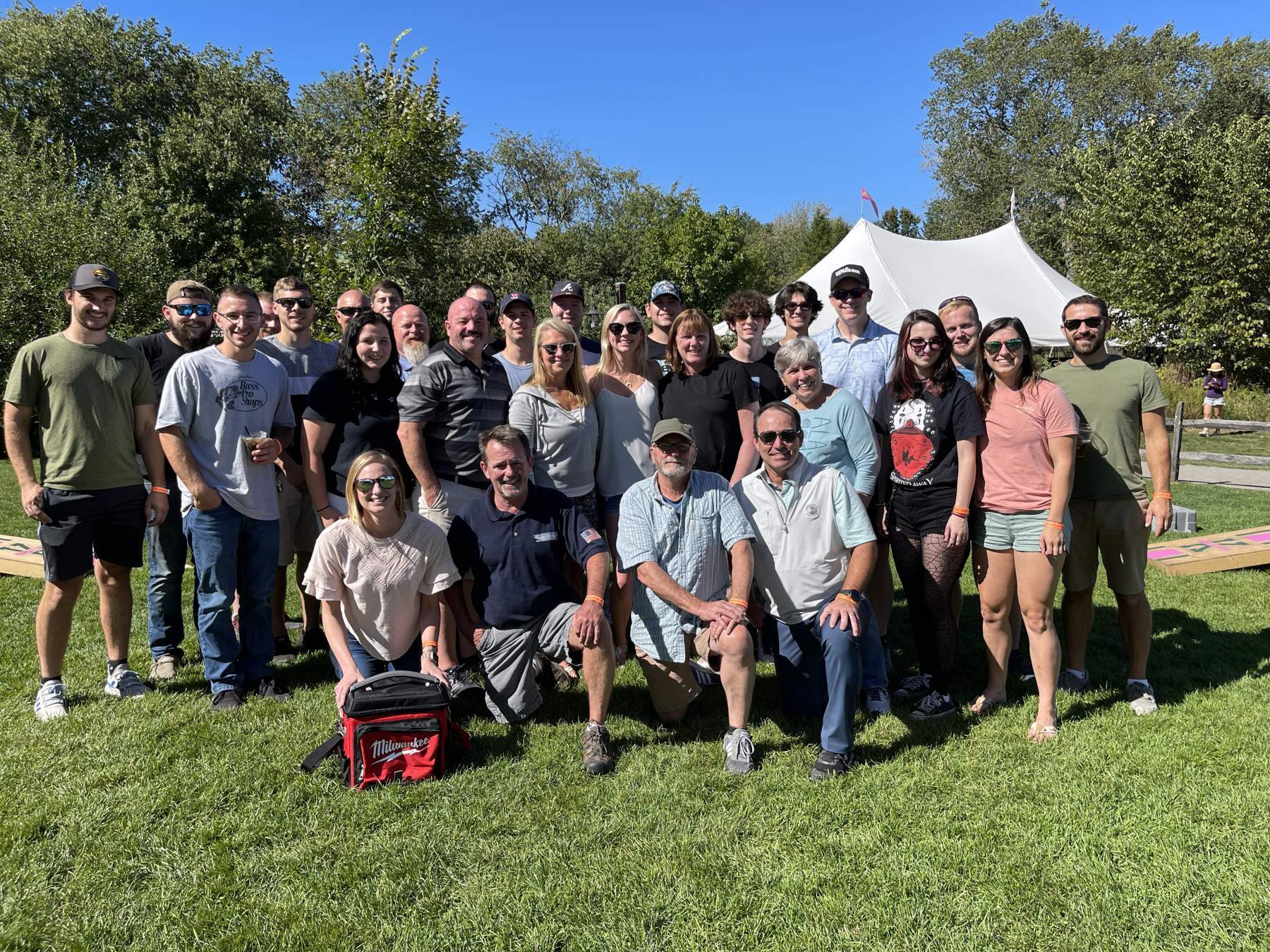High-efficiency boilers have been around for over 20 years now, and over the course of that time it has become crystal clear that the water inside these systems needs to be checked for contaminants and treated with the appropriate water conditioner on a regular basis. Not only does this insure proper operation, but it can also extend the life of your system.
Over our many years in business, our technicians have seen countless high-efficiency, low mass boilers completely corrode away and have to be replaced well before their predicted life expectancy, all due to poor water quality.
The good news is, there are certain proactive measures that you can use to prevent corrosion and protect your investment.
Boilers – Then vs. Now
Old style boilers were huge and held a lot of water. As a result, the water quality did not matter as much to these old-school systems as it does now. That’s because high-efficiency boilers feature much smaller, tighter water passages which can plug up and limit or stop water flow altogether. This reduces system efficiency and can cause major service problems, up to and including catastrophic system failure if not properly treated. Simply put, if you have a high-efficiency boiler, you should be investing in ongoing water treatments.
Why Water Treatments Matter
The water that flows through the pipes and into your boiler contains everything from gasses and minerals to particulates and organics. When pH goes unbalanced and oxygen is allowed to dissolve, it can result in excessive corrosion. Additionally, over time, buildup of sludge, mud and other contaminates can gather at the bottom of the boiler. This can negatively impact the system’s ability to adequately transfer heat.
Water hardness also plays a significant role in the performance and longevity of hydronic systems. Hard water is determined by the level of magnesium and calcium that is present which, when heated, can form scales that build up in the heating system. This can ultimately affect efficiency, which can lead to higher energy costs. In some instances, the scale buildup caused by hard water can result in cracking, leaking and eventually, total system breakdown.
Lastly, poor water quality can sometimes void system warranties, which is always bad news. In cases like this, when a heating system fails prematurely and it’s due to scale buildup or something else relating to water quality, the equipment manufacturer may refuse to honor the warranty, leaving you holding the bag for an entirely new system. In fact, many boiler manufacturers actually require that minimum water quality standards be maintained in order to keep the equipment within the warranty.
How to Tell if Your System is Good
The best way to prevent a problem with your system is to consult with a heating professional. This will allow the technician to measure the quality of the water in your hydronic system to ensure that the appropriate amount of chemicals are being used. This is important, since certain pieces of equipment like pumps and heat exchangers, can sometimes be sensitive to water quality. Proactively measuring current water quality and treating as needed can help you stay a step ahead of potential damage and efficiency issues.
At Wilson Brothers, we want to help you get the most out of your boiler and heating system. Get in touch with our team of experts to schedule a checkup today!








